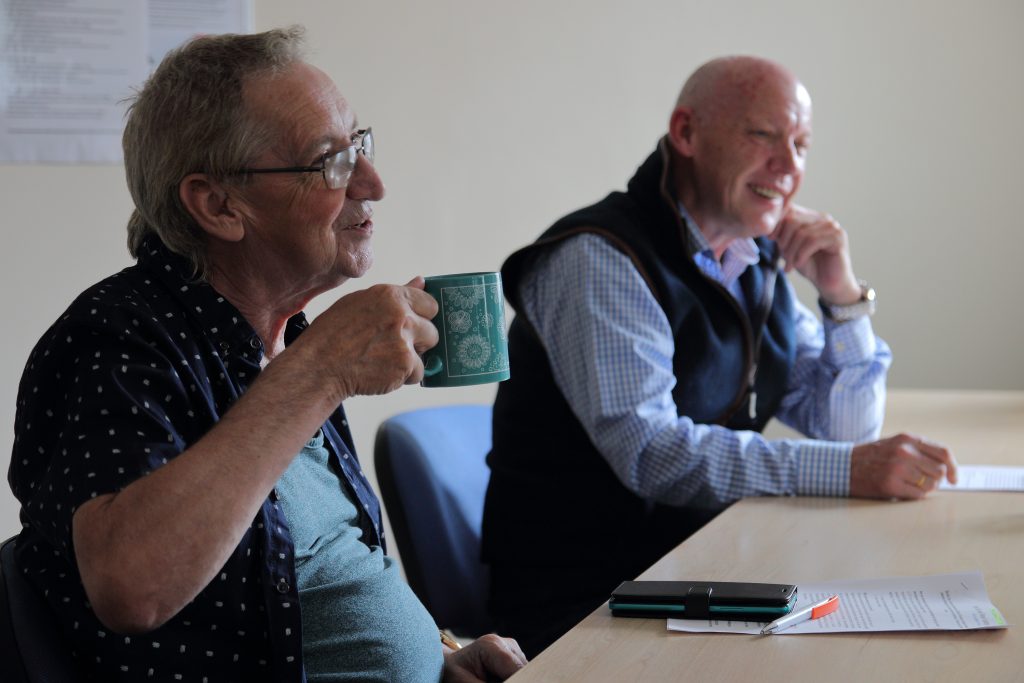Having good quality, supportive relationships with other people is an essential part of well-being. Thinking back to the CHIME factors of recovery, the positive connections we have can give us a sense of hope, a stronger identity, a sense of meaning and purpose and we can feels empowered by having someone who backs us up.
There’s lots of evidence for this. It is well known that the relationships we experience as children have a massive influence on us in later life. Loneliness and isolation in adulthood has been proven to seriously affect physical and mental well-being.
Humans are essentially social beings. In the early days of human life, we needed other people to survive, and not much has changed! But Western society is becoming increasingly fragmented. We often live far away from family, we lose contact with friends and we’re all getting busier, meaning we have less time for other people.

We can now connect on a global level through the use of the internet and social media. This can be fantastic for making contact with other people who have similar interests and experiences to our own, but we need to remember that this is different to face to face human contact. Research has shown that there is a particular neurochemical response that happens during face-to-face interactions with other people which contributes to our sense of wellbeing (J. Griffin, 2010).
We also need to be aware that harmful, toxic relationships are just as damaging, if not more so, than being alone. Sometimes it can be important to assess the relationships we have.
The Mental Health Foundation have published an excellent report on the importance of relationships.